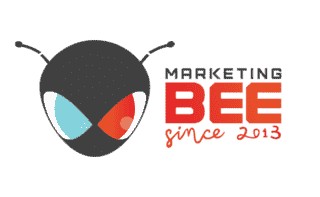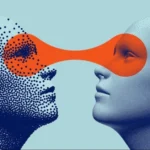Table of Contents
ToggleIn the fast-paced realm of marketing, staying ahead of the curve is not just a competitive advantage; it’s a necessity. Enter Artificial Intelligence (AI), a technological force that is fundamentally reshaping the marketing landscape.
In this article, we’ll delve into the transformative role of AI in marketing, exploring how it is changing the field, the various applications it offers, and what the future holds for AI in marketing.
Is AI Changing the Marketing Field?
Absolutely. AI is a game-changer in marketing, revolutionizing the way businesses understand, engage, and convert their target audience. Traditional marketing approaches often struggle to keep up with the dynamic nature of consumer behavior, making it challenging to deliver personalized and timely content. AI steps in to bridge this gap by leveraging data-driven insights to optimize campaigns, enhance customer experiences, and drive better results.
How Is Artificial Intelligence Used in Marketing?
Data Analysis and Insights
AI processes massive datasets at lightning speed, providing marketers with invaluable insights into consumer behavior, preferences, and trends. This data-driven approach allows for more informed decision-making, enabling marketers to tailor their strategies to meet the specific needs of their audience.
Personalization
AI enables hyper-personalization by analyzing individual user behavior and creating personalized content recommendations. From personalized email campaigns to targeted advertisements, AI ensures that every interaction is tailored to the unique preferences of the consumer.
Social Media Listening
Social media listening, powered by AI, allows marketers to go beyond tracking mentions and hashtags. Advanced algorithms analyze vast amounts of social media data in real time, extracting valuable insights about brand sentiment, emerging trends, and consumer preferences. This enables marketers to make data-driven decisions, adapt strategies on the fly, and engage with their audience in a more meaningful way.
Chatbots and Customer Service
AI-powered chatbots have become integral to customer service. They can handle routine queries, provide instant responses, and even simulate natural conversations. This not only improves customer satisfaction but also frees up human resources for more complex tasks.
Predictive Analytics
AI algorithms predict future trends and behaviors based on historical data. This is invaluable for marketers, allowing them to anticipate market changes, identify emerging opportunities, and adjust their strategies accordingly.
Content Creation
AI-generated content is becoming increasingly sophisticated. From writing blog articles to creating social media posts, AI can produce high-quality, contextually relevant content, saving time for marketers while ensuring consistency and quality.
Multilingual Advantage
In an interconnected global market, the ability to communicate in multiple languages is a strategic advantage. AI-driven language translation tools break down language barriers, enabling marketers to reach diverse audiences seamlessly. Whether it’s creating multilingual content or engaging with customers in their preferred language, this technology enhances the reach and impact of marketing efforts on a global scale.
Which AI Technologies Enable Marketing?
Features like semantic classification, named entity recognition, and aspect-based sentiment analysis provide tailored insights relevant to your industry. Additionally, natural language processing enables the optimization of social content and enhances customer engagement, ultimately resulting in a heightened competitive edge and increased share of voice.
Now, let’s delve deeper into these technologies.
1. Machine Learning
Machine learning algorithms analyze data patterns, learning from experience to improve decision-making over time. This technology is at the core of predictive analytics, personalization, and recommendation engines in marketing.
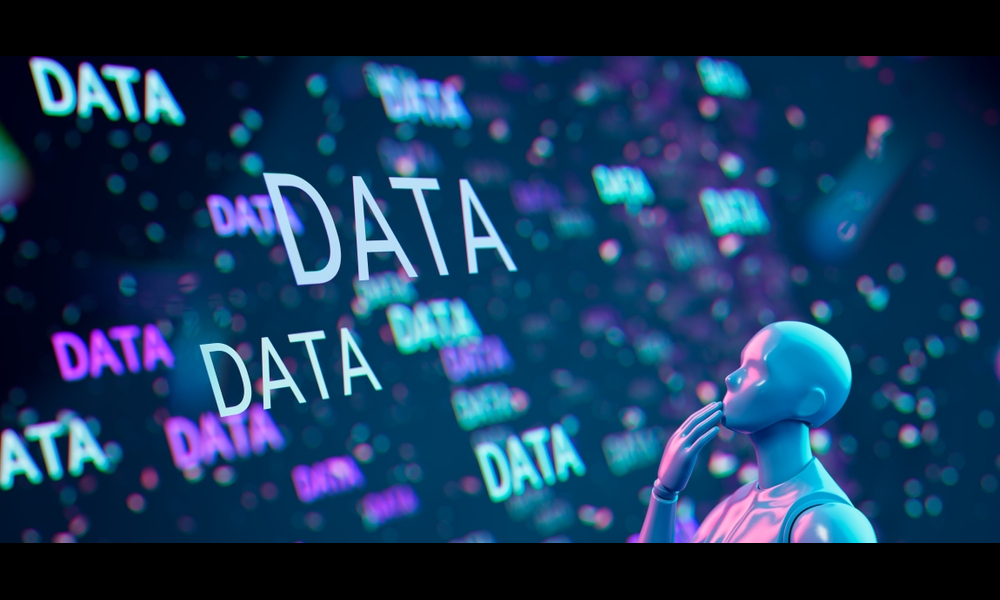
2. Natural Language Processing (NLP)
NLP enables machines to understand, interpret, and generate human-like text. In marketing, NLP is employed in chatbots, sentiment analysis, and content creation, facilitating better communication with customers.
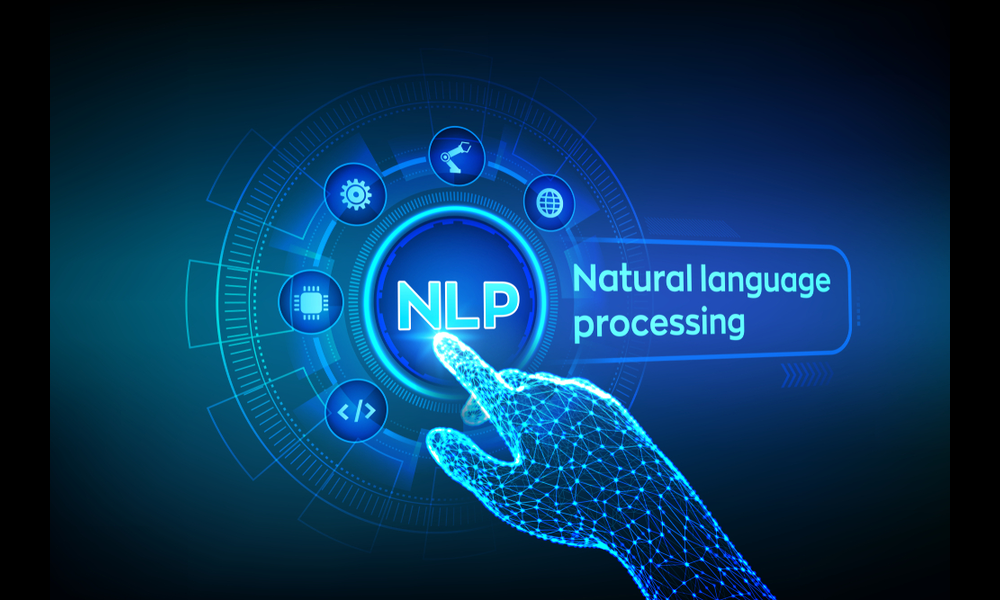
3. Computer Vision
Computer vision is set to revolutionize how marketers perceive and interact with visual content. This technology enables machines to interpret and understand the visual world, opening up avenues for innovative marketing strategies. From image recognition to visual search, computer vision will enhance user experiences, making content more engaging and interactive. Imagine a future where AI recognizes products in user-generated content, providing seamless links to purchase, creating a more immersive and personalized journey for consumers.
4. Voice Search Optimization
With the rise of voice-activated devices, optimizing for voice search has become crucial. AI helps marketers understand and adapt to the nuances of voice search queries, ensuring that content remains accessible and relevant.
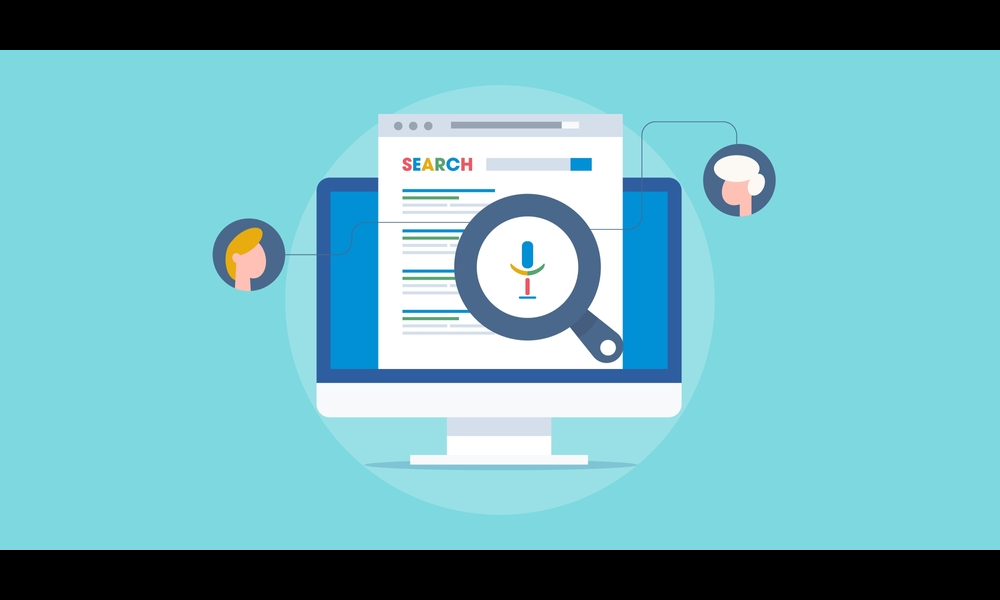
What Is the Future of AI in Marketing?
The future of AI in marketing is incredibly promising, with continued advancements in technology unlocking new possibilities. Some key trends to watch out for include:
Augmented Analytics
AI-driven analytics tools will evolve to provide more actionable insights, automating complex data analysis and interpretation. This will empower marketers to make quicker, data-driven decisions with confidence.
AI Chatbots
The evolution of AI chatbots is poised to transform customer interactions. Future AI chatbots will move beyond scripted responses, incorporating advanced natural language processing and contextual understanding. These intelligent virtual assistants will be capable of providing personalized recommendations, handling complex queries, and even predicting user needs. The result? Enhanced customer satisfaction, increased efficiency in handling customer service inquiries, and the ability to guide users through the marketing funnel with unprecedented precision.
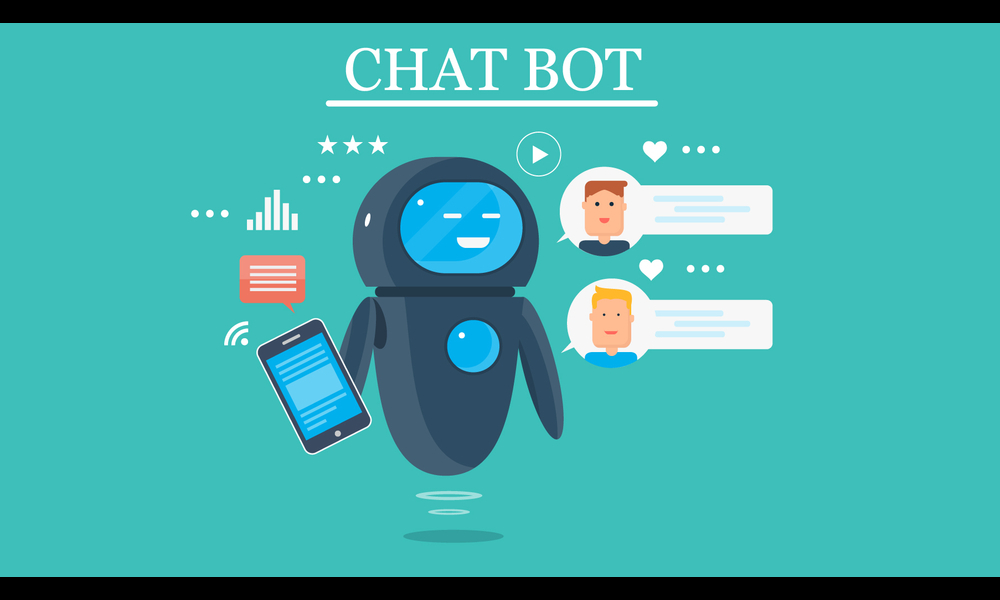
Predictive and Prescriptive AI
The future of AI in marketing will see an increased reliance on predictive and prescriptive analytics. Predictive AI algorithms will analyze vast datasets to forecast future trends, helping marketers stay ahead of consumer preferences and market shifts. On the other hand, prescriptive AI will not only predict outcomes but also provide actionable insights and recommendations. This level of sophistication in analytics empowers marketers to make informed decisions, optimize campaigns in real-time, and allocate resources effectively.
Responsible AI
As AI continues to permeate marketing strategies, there is a growing emphasis on responsible AI practices. Ethical considerations, transparency, and accountability are becoming integral to the deployment of AI in marketing. Marketers must ensure that AI algorithms are unbiased, respect user privacy, and adhere to ethical standards. The future of AI in marketing will demand a responsible approach that prioritizes fairness, inclusivity, and the well-being of consumers.
As a full-service creative marketing agency, Marketing Bee is tailored for the modern age, operating on a dual front as both a digital consultant and a business solution provider.
- Comprehensive Expertise:
Marketing Bee distinguishes itself by possessing comprehensive expertise in both digital branding and digital marketing. This two-fold approach ensures a holistic understanding of the intricacies involved in crafting a robust online presence and executing effective marketing strategies.
- Strategic Digital Branding Insight:
Recognizing the critical role of digital branding, Marketing Bee offers strategic insights into the nuances of creating a compelling brand identity in the digital realm. Understanding that digital branding is not just about visibility but about conveying values and creating connections, they bring a nuanced perspective to the table.
- Proficiency in Digital Marketing:
Marketing Bee excels in the realm of digital marketing, leveraging cutting-edge strategies to reach target audiences effectively. From social media campaigns to SEO optimization, they have a deep understanding of the digital landscape, ensuring clients’ messages resonate across various online platforms.
- Tailored Digital Solutions:
Operating as a business solution provider, Marketing Bee tailors its services to meet the unique needs of each client. Whether it’s developing a brand from scratch or optimizing existing digital marketing strategies, they offer personalized solutions that align with the client’s goals.
- Adaptability to the Modern Age:
In a rapidly evolving digital landscape, Marketing Bee stands out for its adaptability. They are attuned to the latest trends, technologies, and consumer behaviors, ensuring that the strategies employed remain relevant and effective in the ever-changing modern age.
- Client-Centric Approach:
Marketing Bee places a strong emphasis on understanding the specific requirements and goals of their clients. Their client-centric approach ensures that the digitalization process aligns seamlessly with the unique attributes and aspirations of each brand they work with.
People choose Marketing Bee for the digitalization of their brand because of the agency’s dual proficiency in digital branding and marketing, strategic insights, tailored solutions, adaptability to the modern age, and a client-centric approach that prioritizes the success of each brand in the digital realm.
Conclusion
Mastering digital branding is no simple feat. Success requires proficiency in diverse areas such as branding, search engine optimization, social media management, digital advertising, content creation, and email marketing. While some sectors may see some benefits from do-it-yourself approaches, experience demonstrates that only a seasoned digital branding agency possesses the expertise to optimize these elements for optimal outcomes. Consequently, it is advisable to take a cue from established names and successful companies by seeking a dependable partner to orchestrate your digital branding efforts.
FAQ
In case you have more queries, look at the questions below.
What is the role of AI in marketing
Artificial intelligence (AI) plays a crucial role in marketing by automating tasks, analyzing vast datasets for insights, and enabling personalized customer experiences. Through predictive analytics, AI helps marketers make data-driven decisions and optimize advertising campaigns in real-time. Overall, AI transforms marketing strategies, enhancing efficiency, personalization, and the ability to adapt to dynamic market conditions.
Can AI be used in social media marketing?
AI plays a pivotal role in social media marketing, facilitating personalized content delivery, automated customer support through chatbots, and optimizing advertising strategies for targeted audiences. Through real-time analysis and predictive analytics, AI enhances social media engagement, allowing businesses to stay agile and adapt to evolving trends. Overall, AI empowers marketers to efficiently navigate the dynamic landscape of social media, ensuring effective communication and impactful brand presence.
Ashiqur Rahman is a skilled website developer passionate about building fast, user-friendly, and SEO-optimized websites. He helps businesses create strong online identities with clean design, responsive layouts, and reliable web solutions.
- This author does not have any more posts

